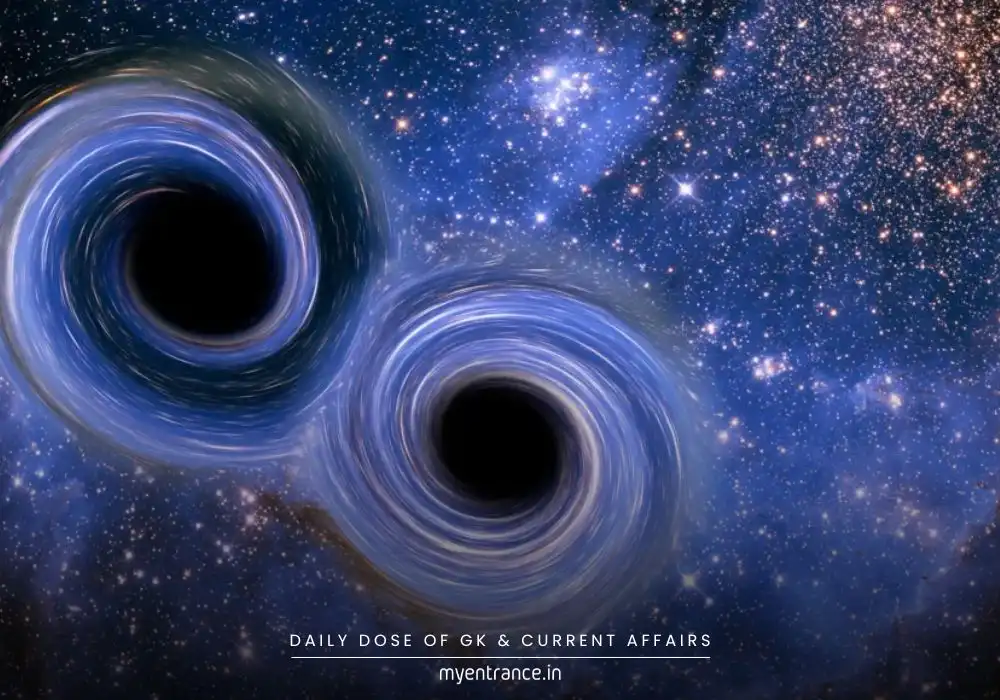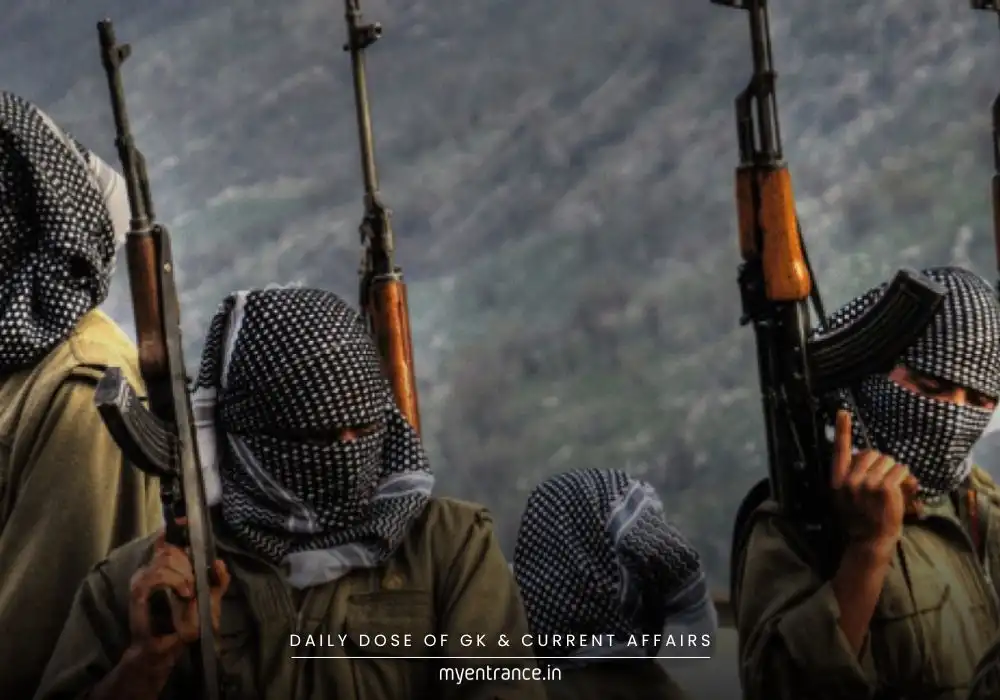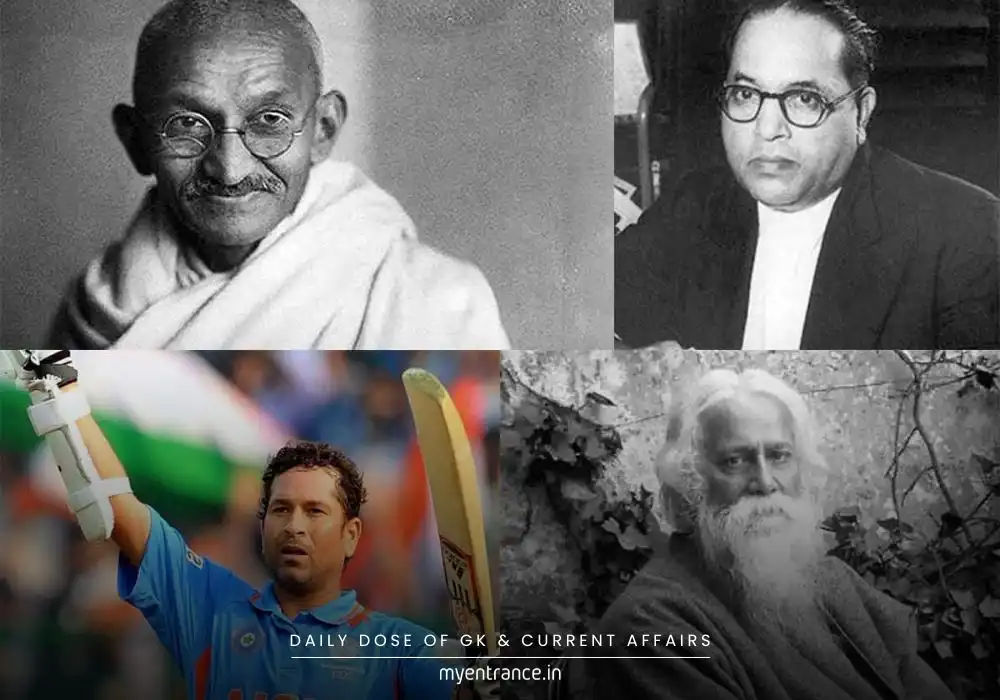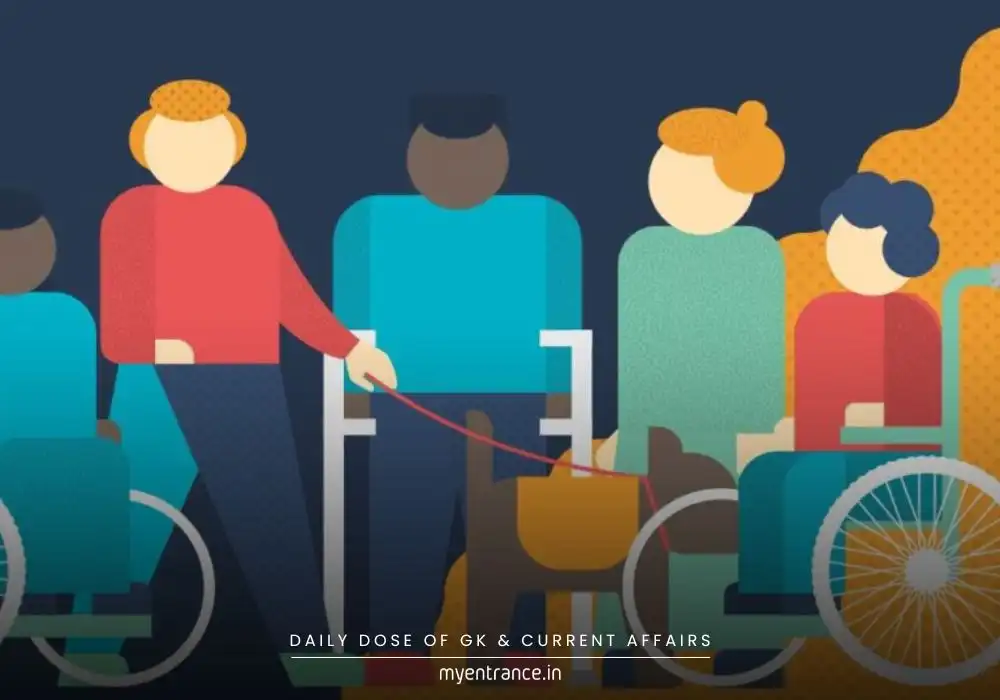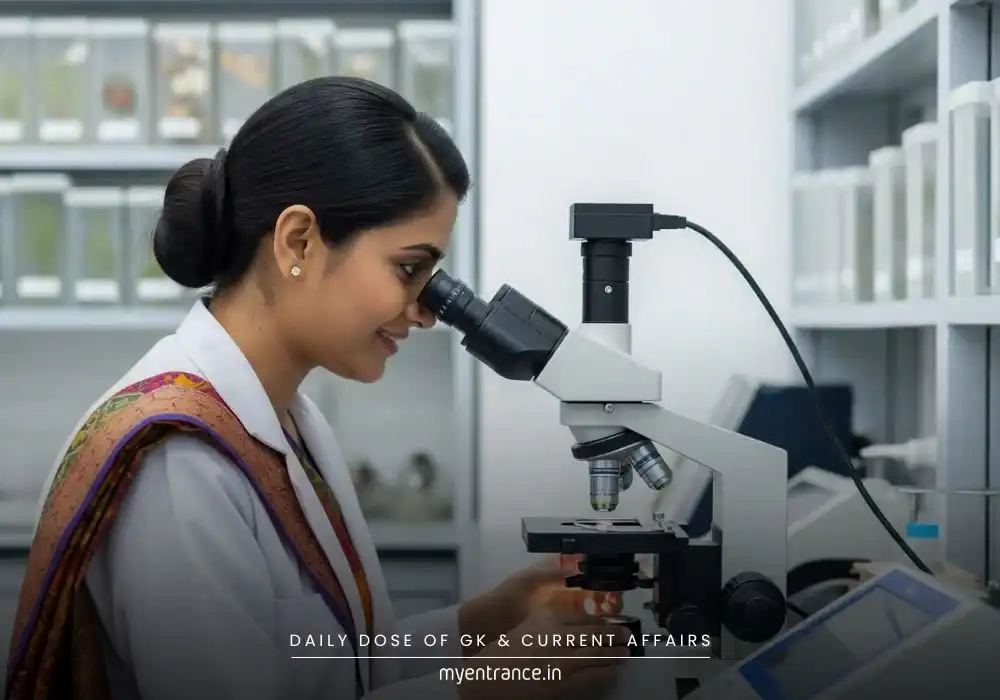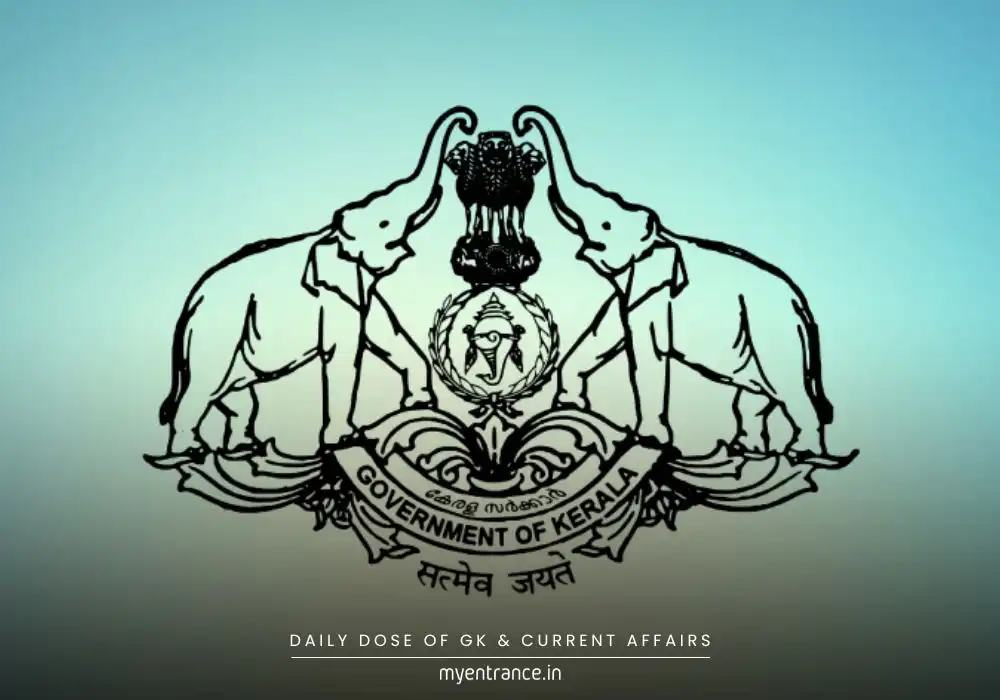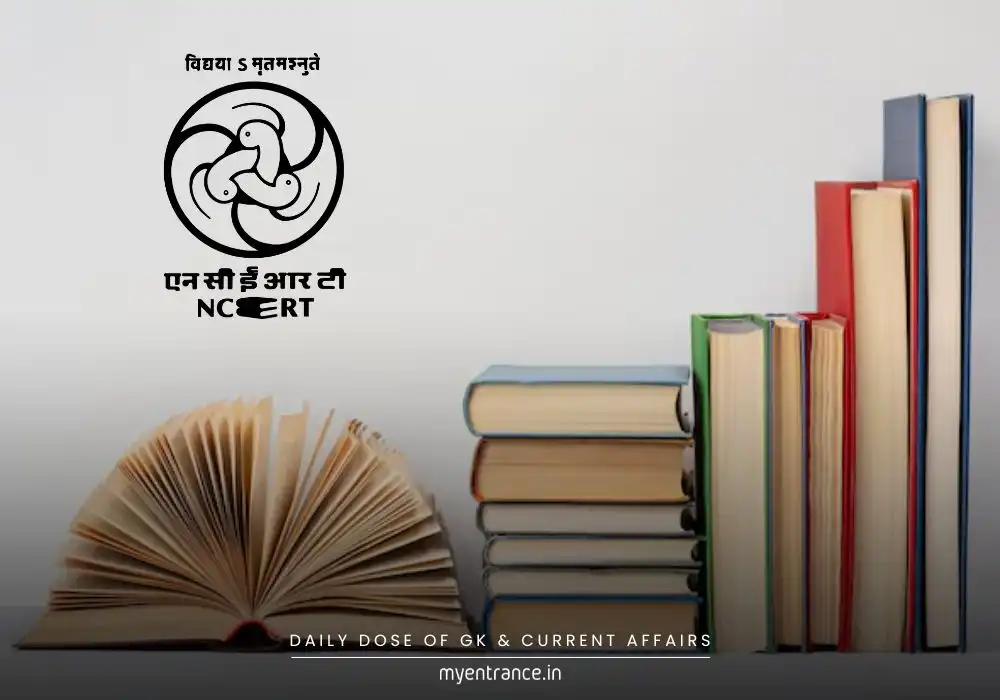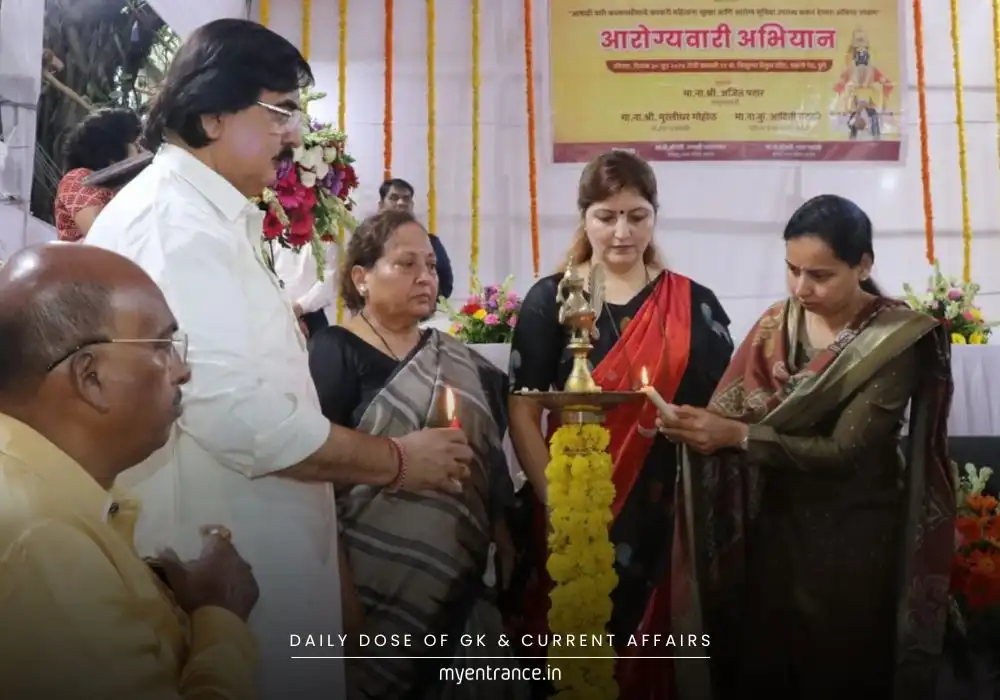Translate Language
Can Secret Spousal Recordings Be Used in Court? SC’s New Ruling Explained!
In a groundbreaking decision, the Supreme Court of India has declared that secretly recorded conversations between married partners can be submitted as evidence in divorce and other matrimonial disputes. This ruling overturns a 2021 Punjab & Haryana High Court judgment, marking a major shift in how privacy and marital trust are interpreted under Indian law.
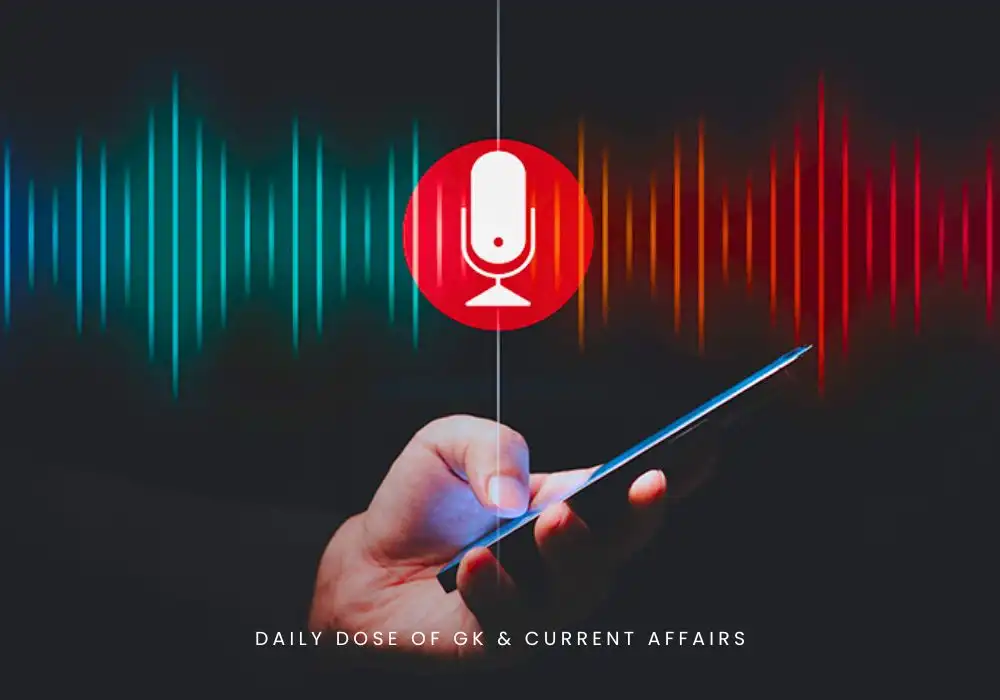
What’s New in the SC’s Ruling?
The Supreme Court’s latest judgment brings significant changes to how evidence is treated in marital disputes:
Overturning Previous Restrictions: The 2021 Punjab & Haryana HC verdict had barred secret recordings, but the SC has now reversed this, allowing them if relevant to the case.
Spousal Privilege Reinterpreted: While Section 122 of the Evidence Act protects confidential marital communications, the court ruled that recordings made without consent can still be admissible—similar to third-party witness accounts.
Balancing Privacy & Fair Trial: The SC emphasized that while privacy is important, the right to a fair trial takes precedence in legal disputes.
Impact of Technology: With digital evidence (texts, emails, recordings) becoming common, the court acknowledged that outdated laws must adapt to modern realities.
Why Is This Important for Exams?
This judgment is crucial for competitive exams like UPSC, PSC, SSC, Judiciary, and Law Entrance Tests because:
It redefines spousal privilege under the Indian Evidence Act, 1872.
It connects privacy rights (Article 21) with matrimonial laws, a hot topic for essay and ethics papers.
It highlights gender disparities in technology access, relevant for GS and social justice topics.
It sets a legal precedent that could influence future cases on digital evidence and marital disputes.
Sample Questions & Answers
Q1: What was the Supreme Court’s recent ruling on secret spousal recordings?
Ans: The SC ruled that secretly recorded conversations between spouses can be used as evidence in matrimonial disputes, overturning a 2021 Punjab & Haryana HC judgment.
Q2: Which section of the Evidence Act deals with spousal privilege?
Ans: Section 122 protects private marital communications but does not prevent third-party evidence like secret recordings.
Q3: How does this ruling impact privacy in marriages?
Ans: It clarifies that while marital trust is protected, absolute privacy does not override the need for fair evidence in legal disputes.
Q4: What concerns arise from this judgment regarding gender equality?
Ans: Women’s lower smartphone ownership (39% less than men, per 2025 Mobile Gender Gap Report) may create an imbalance in accessing such evidence.
Q5: Can a spouse be forced to testify against their partner under Section 122?
Ans: No, Section 122 prevents compelled testimony, but recordings can serve as independent evidence.
Get 3 Months Free Access for SSC, PSC, NIFT & NID
Boost your exam prep!
Use offer code WELCOME28 to get 3 months free subscription. Start preparing today!


